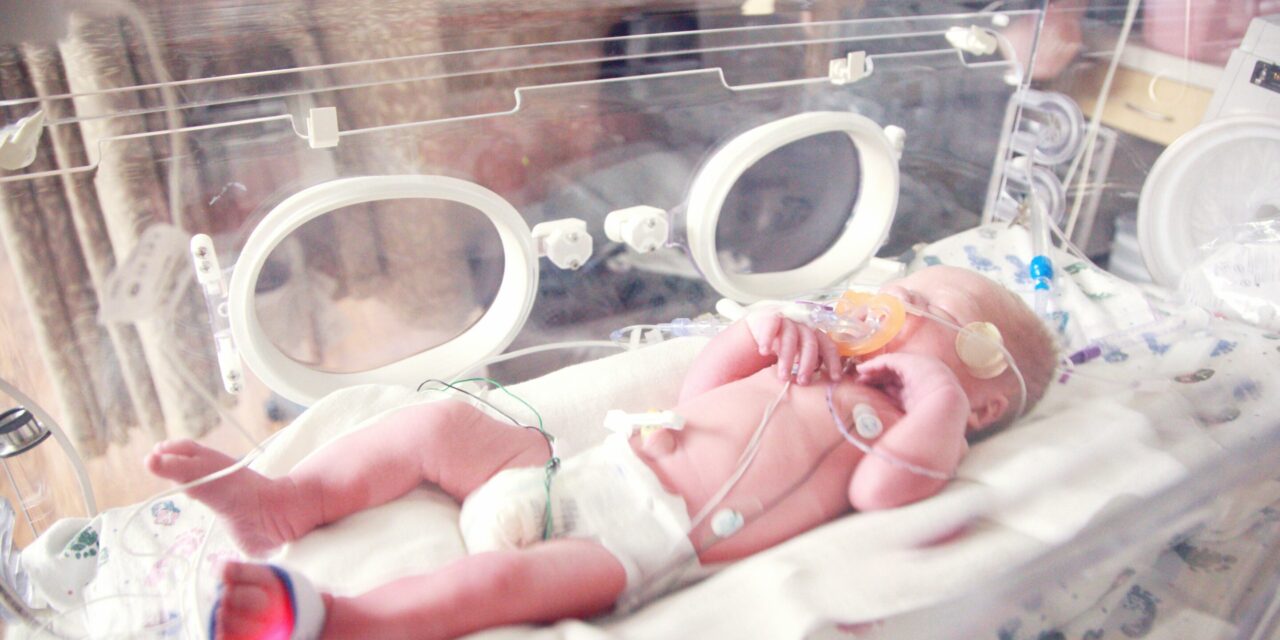LONDON, UK – Adults born very prematurely or with very low birth weight face significant hurdles in forming romantic partnerships and are less likely to have children by their mid-thirties compared to their peers born full-term, reveals a landmark long-term study. The research, part of the nearly 40-year Bavarian Longitudinal Study and published in JAMA Network Open, underscores the profound and lasting impact of conditions surrounding birth on adult life.
The study, led by Miranda Kit-Yi Wong from the University of Warwick, tracked 212 individuals born very preterm (less than 32 weeks’ gestation) or with very low birth weight (VLBW, less than 1500g) since 1985, comparing them with 202 individuals born full-term. Now in their mid-thirties (age 34-35), the data shows a stark difference in parenthood rates: 56.4% of the full-term group had children, compared to only 35.8% of the very preterm/VLBW group.
Professor Peter Bartmann of the University Hospital Bonn, a co-leader of the study, highlighted the unique longitudinal nature of the research. “The cohort of newborns included back then is now 34-35 years old and has been evaluated 10 times,” he stated, emphasizing that these findings specifically concern the small group of very preterm/VLBW infants, representing about 1.0-1.5% of all births, not all premature babies.
While previous studies hinted at fertility links, this long-term data provides clearer insights. Crucially, the study found that the lower rate of parenthood among the preterm group was strongly linked to difficulties in establishing romantic partnerships. “Individuals with a history of preterm birth find it harder to establish a partnership, which in turn reduces the likelihood of having children,” Dr. Bartmann explained. Notably, preterm individuals who did form partnerships had children at rates similar to the full-term group.
Experts suggest personality and social factors play a significant role. “Studies show that this group develops a different personality structure,” Dr. Bartmann noted. “They are more introverted, take fewer risks, face bullying in school, have fewer friends, and struggle to form social connections.”
Dr. Dominique Singer, Head of Neonatology at University Medical Center Hamburg-Eppendorf (who was not involved in the study), confirmed this is an “internationally recognized phenomenon” now examined longitudinally. He stressed the potential long-term impact on quality of life, particularly “when an unfulfilled desire for children leads to loneliness later in life.” Dr. Singer also pointed to the influence of family dynamics and psychological factors shaped by the early experience of premature birth.
The study also helps clarify why previous research yielded mixed results, noting that fertility differences often only become apparent when individuals reach their late 20s and early 30s.
With advances in neonatal care dramatically increasing survival rates for even the most premature infants (born at 23-24 weeks), understanding these long-term consequences is critical. “Survival rates range from 60%-80%, although a quarter to a third experience immediate neurological complications,” Dr. Singer observed.
Both Dr. Bartmann and Dr. Singer emphasized the need for greater awareness and extended support systems for those born very prematurely. “Support for preterm infants currently focuses on the early years of life. Once they start school, they are left to fend for themselves,” Dr. Bartmann lamented. The researchers suggest long-term monitoring and tailored support, including training educators to help prevent bullying. Resources, such as informational brochures for doctors and teachers, are being developed to aid this effort.
Disclaimer: This news article is based on findings from the Bavarian Longitudinal Study published in JAMA Network Open. It summarizes research findings and expert commentary related to the long-term outcomes of very preterm birth. This information is for general knowledge and informational purposes only, and does not constitute medical advice. Individuals concerned about preterm birth or its potential long-term effects should consult with qualified healthcare professionals.












